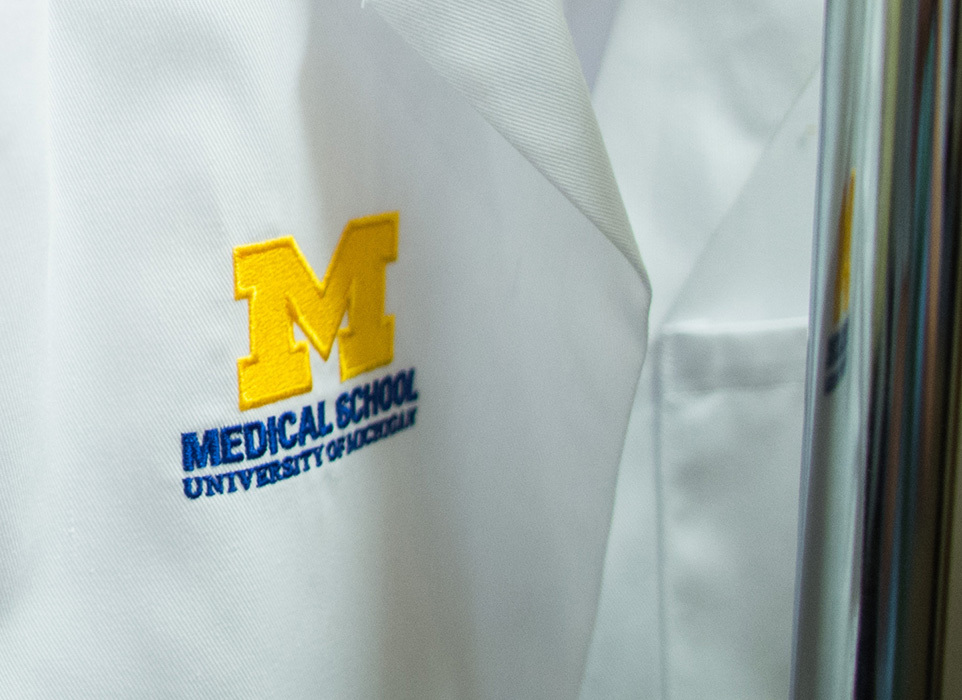
Available to mentor

Since 1986 I have been working to resolve the connection between our evolutionary human history and our phenotype including disease. I have taken a purely physical approach using fundamental laws (e.g., 2nd Law of Thermodynamics). Progress is slow, and sometimes intercepted, because many biologists operate with the tenant that biology operates within its own set of fundamental principles, such as natural selection, that are not resolvable within the bounds of physics. Our rat biology work over the last 30 years strongly supports operation of the Energy Transfer Hypothesis (ETH).
Rob Williams, founder of the Complex Trait Consortium in 2002 has taken collaborative interest in our rats.
He writes “Lovely review https://doi.org/10.1093/function/zqac030 of this massive project. Bravo on cutting this important trail in research.”
Rob proposes to predict max VO2 (ETH) just from the genotypes of random bred Heterogenous Stock rats. This will get right at cause and effect at the genome-phenome level. Koch and I will provide theory predicting the path for this origination from the Big Bang.
-
PhDTexas Tech University, Lubbock, 1978
-
Center MemberCaswell Diabetes Institute
The physical basis of health and disease phenotypes.
-
Franczak E, Maurer A, Drummond VC, Kugler BA, Wells E, Wenger M, Peelor FF, Crosswhite A, McCoin CS, Koch LG, Britton SL, Miller BF, Thyfault JP. Geroscience, 2024 Apr; 46 (2): 2207 - 2222.Journal ArticleDivergence in aerobic capacity and energy expenditure influence metabolic tissue mitochondrial protein synthesis rates in aged rats.
DOI:10.1007/s11357-023-00985-1 PMID: 37880490 -
Heyne E, Zeeb S, Junker C, Petzinna A, Schrepper A, Doenst T, Koch LG, Britton SL, Schwarzer M. Cells, 2024 Feb 24; 13 (5):Journal ArticleExercise Training Differentially Affects Skeletal Muscle Mitochondria in Rats with Inherited High or Low Exercise Capacity.
DOI:10.3390/cells13050393 PMID: 38474357 -
Mäkinen EE, Lensu S, Wikgren J, Pekkala S, Koch LG, Britton SL, Nokia MS. Neurosci Lett, 2024 Feb 16; 823: 137665Journal ArticleIntrinsic running capacity associates with hippocampal electrophysiology and long-term potentiation in rats.
DOI:10.1016/j.neulet.2024.137665 PMID: 38301912 -
Sadler DG, Treas L, Ross T, Sikes JD, Britton SL, Koch LG, Piccolo BD, Børsheim E, Porter C. Physiol Genomics, 2024 Feb 1; 56 (2): 145 - 157.Journal ArticleParental cardiorespiratory fitness influences early life energetics and metabolic health.
DOI:10.1152/physiolgenomics.00045.2023 PMID: 38009224 -
Mäkinen E, Wikgren J, Pekkala S, Koch LG, Britton SL, Nokia MS, Lensu S. Behav Brain Res, 2023 Apr 12; 443: 114331Journal ArticleGenotype determining aerobic exercise capacity associates with behavioral plasticity in middle-aged rats.
DOI:10.1016/j.bbr.2023.114331 PMID: 36774999 -
Fleischman JY, Qi NR, Treutelaar MK, Britton SL, Koch LG, Li JZ, Burant CF. Mol Metab, 2023 Feb; 68: 101668Journal ArticleIntrinsic cardiorespiratory fitness modulates clinical and molecular response to caloric restriction.
DOI:10.1016/j.molmet.2023.101668 PMID: 36642218 -
Schenkl C, Schwarzer M, Färber G, Koch L, Britton SL, Doenst T. The Thoracic and Cardiovascular Surgeon, 2023 Jan; 71: s1 - s72.Proceeding / Abstract / PosterEffect of Exercise Training on Antioxidative Enzymes in Hearts of Rats with High and Low Genetically Determined Exercise Capacity
DOI:10.1055/s-0043-1761733 -
Heyne E, Böhle S, Zeeb S, Koch L, Britton SL, Doenst T, Schwarzer M. The Thoracic and Cardiovascular Surgeon, 2023 Jan; 71: s1 - s72.Proceeding / Abstract / PosterExercise Training but Not Genetically Determined Exercise Capacity Reduces Cardiac Ischemia–Reperfusion Injury in Rats with High Intrinsic Aerobic Capacity
DOI:10.1055/s-0043-1761693